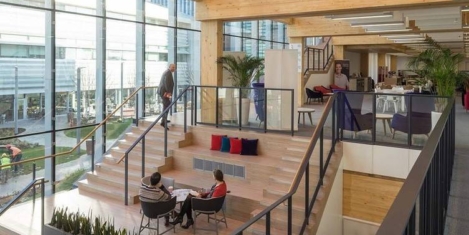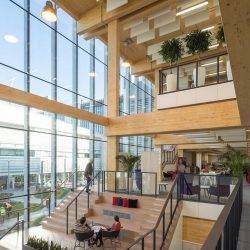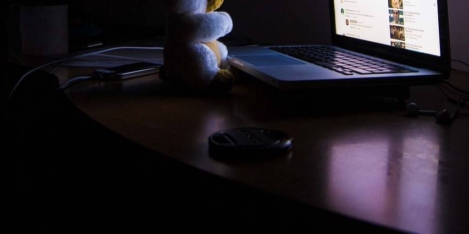November 6, 2018
Employers struggle to understand what motivates people in new generation of megacities
 Mercer has published the results of an extensive study that examines the needs of workers in the world’s fastest-growing cities across four key factors – human, health, money and work. The study provides insight into the motivations of workers against the backdrop of fierce competition for their talent. The study, People first: driving growth in emerging megacities (registration required), is based on a survey of 7,200 workers and 577 employers in 15 current and future megacities across seven countries, namely Brazil, China, India, Kenya, Mexico, Morocco and Nigeria. As defined by the United Nations, these 15 cities will have a combined population of 150 million people by 2030 and share strong, projected GDP.
Mercer has published the results of an extensive study that examines the needs of workers in the world’s fastest-growing cities across four key factors – human, health, money and work. The study provides insight into the motivations of workers against the backdrop of fierce competition for their talent. The study, People first: driving growth in emerging megacities (registration required), is based on a survey of 7,200 workers and 577 employers in 15 current and future megacities across seven countries, namely Brazil, China, India, Kenya, Mexico, Morocco and Nigeria. As defined by the United Nations, these 15 cities will have a combined population of 150 million people by 2030 and share strong, projected GDP.











 UK workers are feeling more confident about the state of the economy but it’s making them less inclined to stay in their current jobs, a new survey claims. According to the latest Global Talent Monitor report for the second quarter of this year, from Gartner 18.8 percent of UK employees indicated a very low intent to stay in their current role, the second highest after India (40 percent), and higher than the global average of nearly 12 percent. This is the first time since Brexit that workers reported having an optimistic outlook on the job market, and their own career growth. Nearly 40 percent of UK employees reported somewhat high to high confidence in the economy. When it comes to their personal prospects, employee perceptions have risen steadily over the last year and have increased nearly 4 percent. In fact, job opportunity perceptions in the UK are nearly 1.5 points higher than the global average. However, despite their intentions to move on from their current role, UK employees are still putting in a strong effort in their current roles, with nearly 13 percent of employees reporting a high willingness to go above and beyond in their role, and an additional 43.8 percent leaning towards high.
UK workers are feeling more confident about the state of the economy but it’s making them less inclined to stay in their current jobs, a new survey claims. According to the latest Global Talent Monitor report for the second quarter of this year, from Gartner 18.8 percent of UK employees indicated a very low intent to stay in their current role, the second highest after India (40 percent), and higher than the global average of nearly 12 percent. This is the first time since Brexit that workers reported having an optimistic outlook on the job market, and their own career growth. Nearly 40 percent of UK employees reported somewhat high to high confidence in the economy. When it comes to their personal prospects, employee perceptions have risen steadily over the last year and have increased nearly 4 percent. In fact, job opportunity perceptions in the UK are nearly 1.5 points higher than the global average. However, despite their intentions to move on from their current role, UK employees are still putting in a strong effort in their current roles, with nearly 13 percent of employees reporting a high willingness to go above and beyond in their role, and an additional 43.8 percent leaning towards high.




















June 22, 2018
Organisations are easily distracted from the task of creating a great workplace strategy
by Chris Hood • Comment, Facilities management, Property, Workplace design
More →